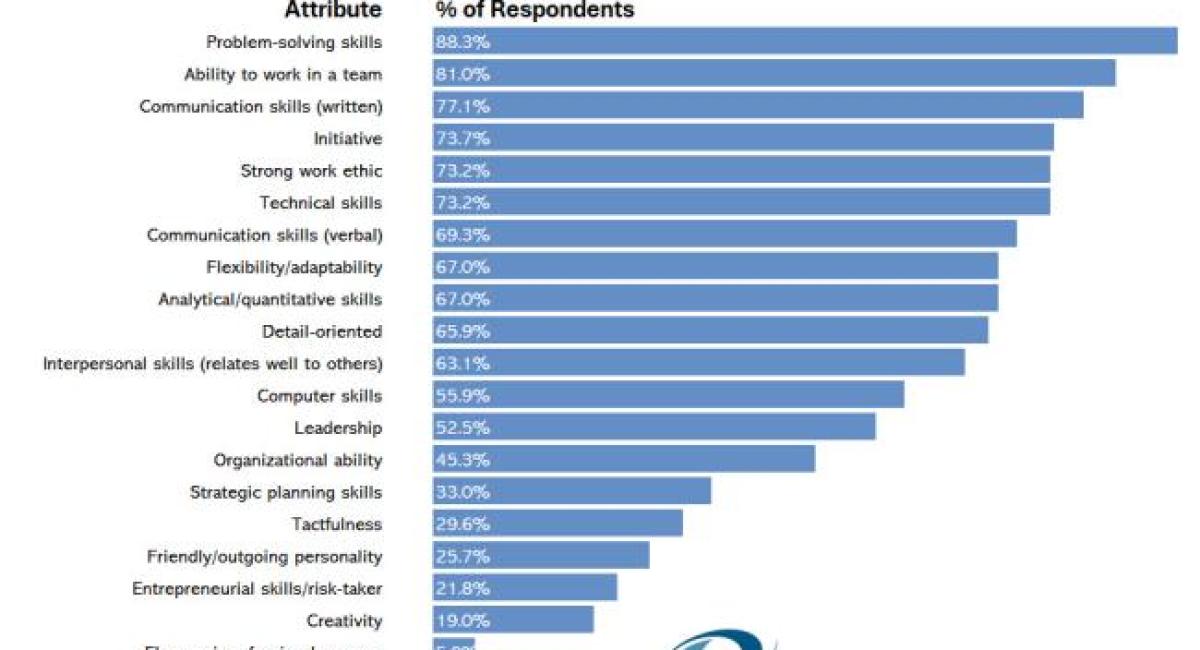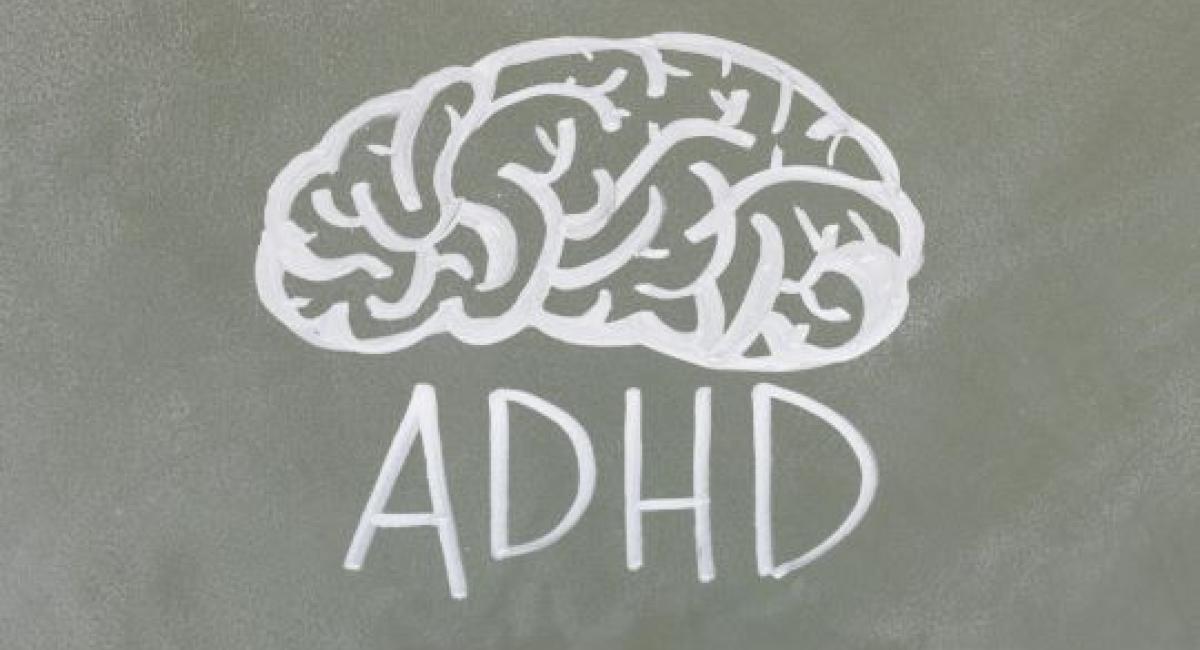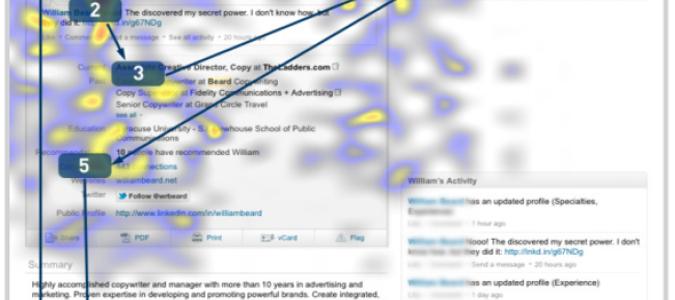
3 Tips for Optimizing Your LinkedIn Profile
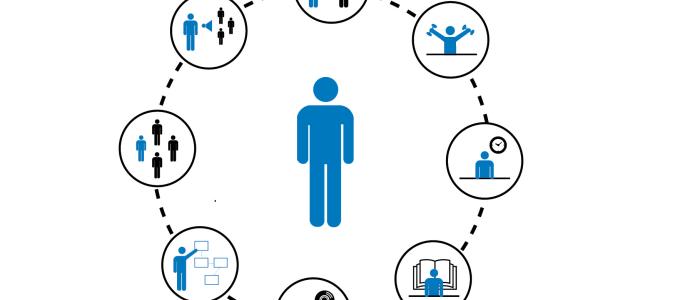
Soft Skills = Today’s Critical Competencies
Traditionally, soft skills were viewed as a secondary bonus to an applicant’s technical skill set; however, in today’s extremely competitive job market, employers are looking for proof of a mix of both hard and soft skills. In fact, recruiters will view a lack of demonstrated leadership or extracurricular activities on your resume as a potential red flag.
Medical School Interviews
The season for medical school interviews is quickly approaching. If you have completed your secondary medical school application and been offered an interview, then congratulations! Schools don’t typically bring you in for an interview unless they are strongly considering your candidacy. Bearing this in mind, many times the interview is more about your fit with the program rather than your scores and credentials. Schools use an interview to evaluate your professionalism, maturity, and personality. They want to hear in your words – spoken not written – what your motivation is in pursuing medicine.

Enhancing Optimism and Resilience in Your Job Search & Beyond
As we’ve discussed in previous blog posts, it can be really difficult to stay positive during a job search. However, positivity is often a key characteristic of the most productive job searchers and luckily, there are things you can do to help enhance your own optimism.
NIH Alumni: Where are they now? Scientific Program Analyst
Name: Lillian Kuo, PhD
Job Title & Company: Scientific Program Analyst, National Center for Advancing Translational Sciences (NCATS)
Location: Bethesda, MD
How long you’ve been in your current job: A little over a year.
Postdoc Advisor, IC: Eric O. Freed, NCI
Postdoc FAQs
If you are thinking about applying for a postdoc, there are quite a few points to consider before starting your search. Previous blog posts have focused on assessing whether a postdoc makes sense for your long-term career goals and on how you can find the perfect postdoc for you.
The Introverted Job Seeker
NIH Alumni: Where are they now? Health Science Analyst
Name: Danielle Daee
Job Title & Organization: Health Science Analyst, Office of Science Planning and Assessment, NCI
Location: Bethesda, MD
How long you’ve been in your current job: Since August 2012, so not quite two years.
Postdoc Advisor, IC (when at NIH): Kyungjae Myung, NHGRI
What do you do as a Health Science Analyst?
In our office, we do a lot of portfolio analysis, evaluation, program coordination and strategic planning. I largely focus on program coordination, portfolio analyses, and program evaluations.
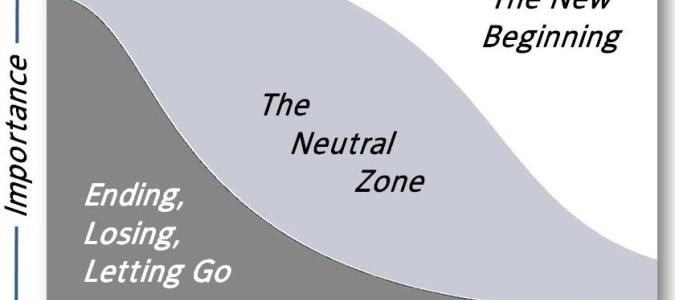
Making the Most of Your Transition to NIH



